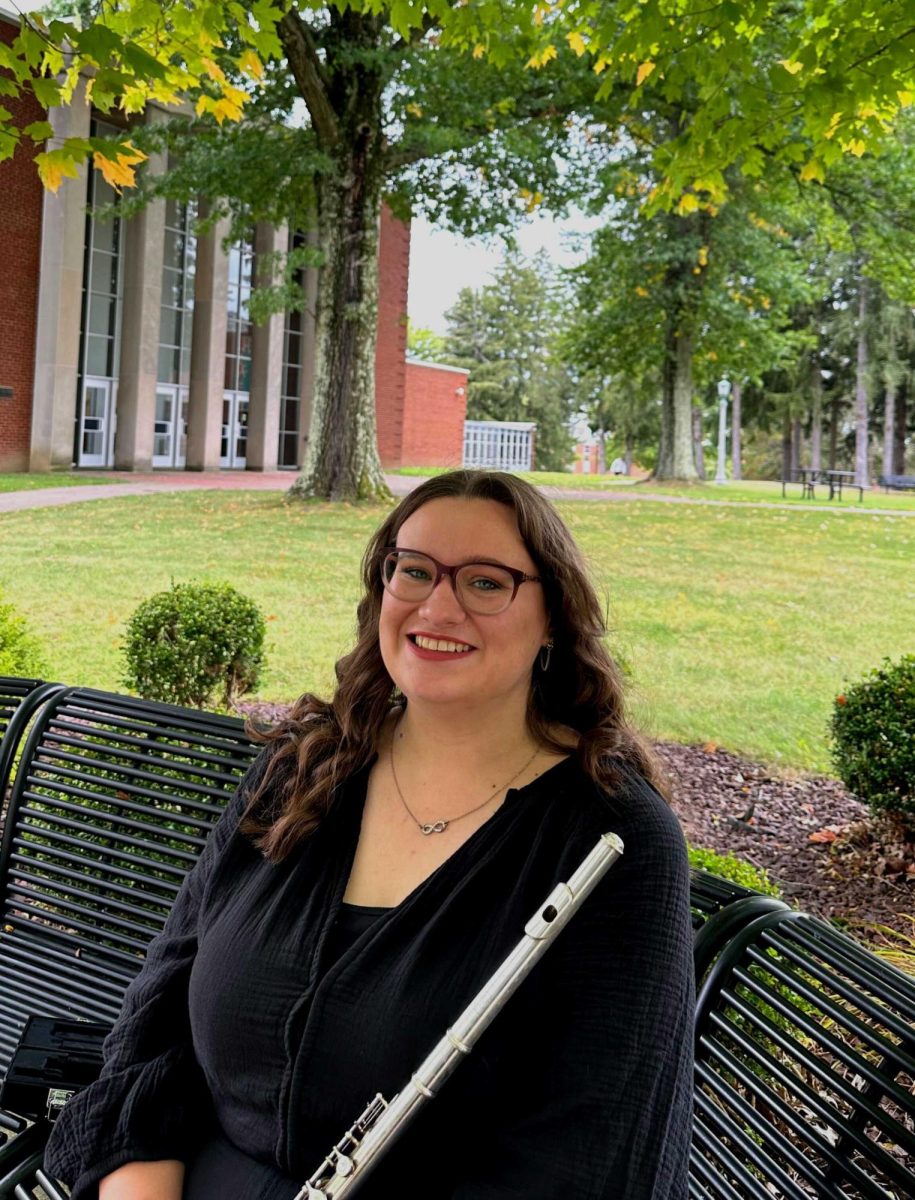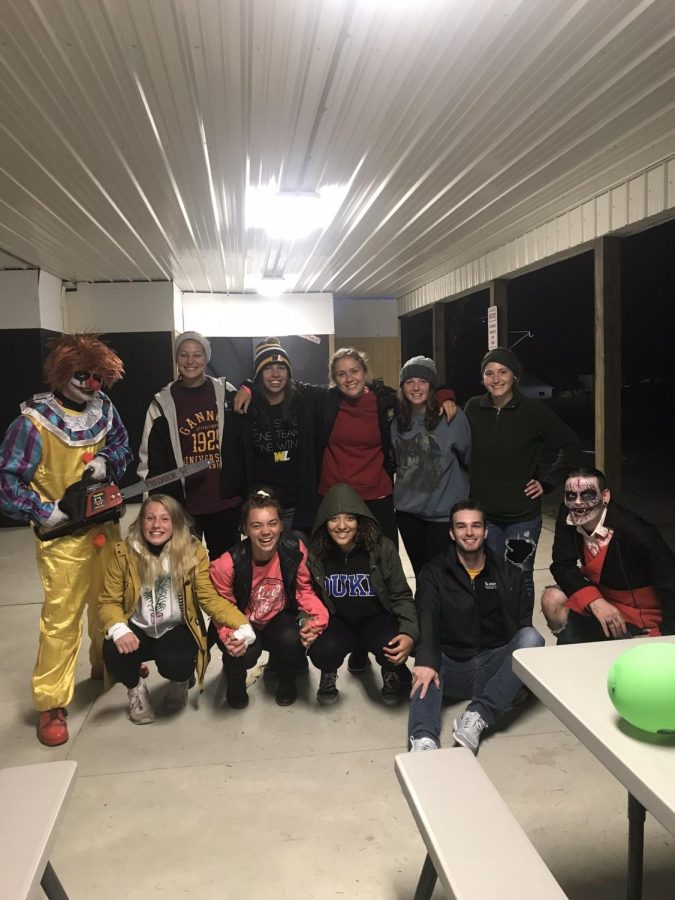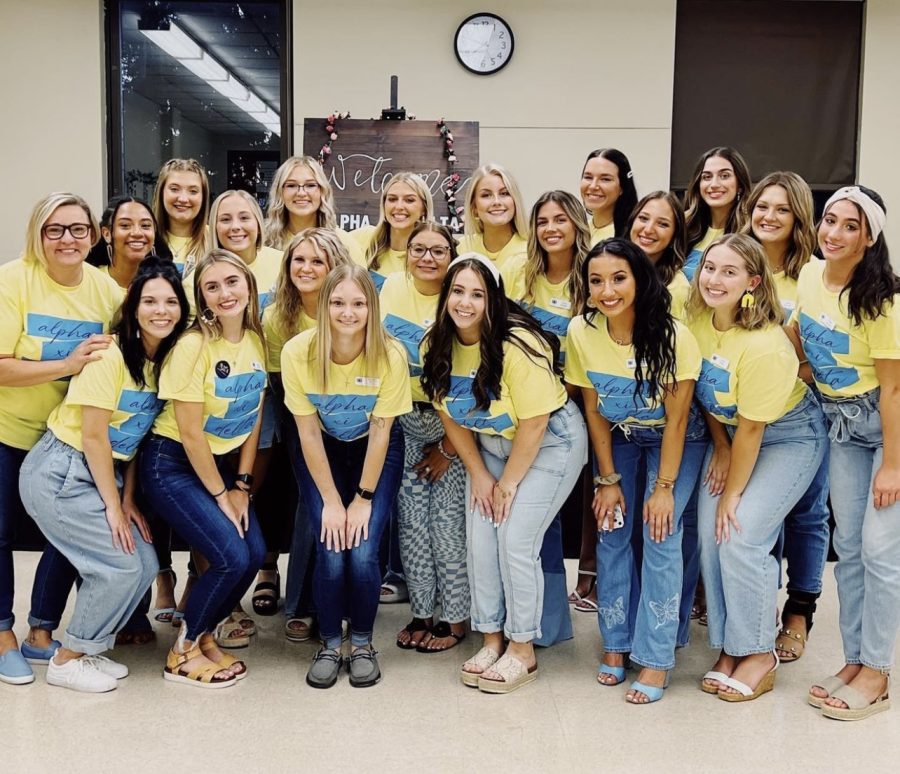By Gabrielle Blanchard, Contributing Writer
When walking around campus, students find it difficult to escape the posters and flyers that decorate the walls of most buildings, promoting various clubs, their activities, and perhaps most importantly, the fundraisers occurring on campus that are meant to raise money as well as awareness for their causes.
Some fundraisers are meant to fund the clubs themselves to meet their own internal goals and needs, while others are more community outreach-based, and sometimes these two overlap and are beneficial for both parties. In the end, it draws attention to subjects that need the assistance and continue to help many, now and in the future, even if it’s as simple as shining light onto a subject.
So why should students get involved with these projects? How, if people are not directly involved with these groups by being a member and their causes, does it benefit people who are not reaping the rewards that running these events bring?
Participating in fundraising events is often a chance for people to step out of their normal comfort zones and meet people across campus that may be in different departments, different dorms, and activities that don’t typically overlap. It is simple enough for a person to stick with who and what they know and fall into a pattern and routing of those they associate with and to be happy with that familiarity.
There’s nothing wrong with this feeling of familiarity, but sometimes, stepping out into something new can bring unexpected friendships and connections. It can also introduce people to new organizations, both on campus and off, that a participant didn’t previously realize exist.
Fundraising also often leaves the participant feeling fulfilled in new ways. Not only is a person connecting to people around them, they are contributing to a bigger cause: they are becoming an active member of their community and in some cases, something much larger than the West Liberty campus.
When these projects begin to extend into the surrounding community, a participant is making an even larger impact on the world directly around them. We are a part of this community, we don’t exist or live within a bubble, and it is important that we care for and support people around us. What happens, or may not happen, to our neighbors ultimately affects us as well. Getting involved allows participants to feel as if they are making a difference in their community, for their very own neighbors.
These activities keep clubs and communities alive and thriving. Without financial support, these groups would simply cease to exist, not much different than a real business establishment. By helping to support groups and their fundraising efforts, a person is ultimately contributing to a cause that has a sense of a ripple effect. It enables a club or group to do more if the fundraiser is for them and continue their own efforts.
If it’s for an outside source, there is an organization that can continue to thrive and carry on their own agenda, while shedding a light and awareness on a cause that may otherwise have gone unnoticed.
On a personal level, being involved with fundraising also impresses future employers, with 73 percent of them being more likely to employ people who have been involved in charity work versus those who haven’t, according to Timebank. According to the same study, 94 percent believe it adds to an employee’s skill set. It can paint a more complete picture of a person and give a person a chance to explore their interests, skills, and talents, simply by being involved. It’s also, in many cases, just plain fun to get involved in something different and new.
These efforts are important, and they matter. They affect many and the impact goes far beyond the hilltop. So, how does one continue to help on the West Liberty campus?
Look around! There’s not a week that goes by on campus where there’s not some sort of project going on to fund a club or charity. The Union, especially, has information on posters across the building, and Director of Student Activities, Kate Billings, is an excellent option as well. Also keep an eye out for club events, fairs that may be going on, and tables that may be set up in the Ballroom in the campus. It’s easy to get involved if you’re keeping your eyes open.
Getting involved, in whatever ways you can, is a mutually beneficial action that plants deep roots and impacts the lives of all who participate as well as those who are receiving the end results of these actions. Play your part, join in, and don’t be afraid to help make a difference.
Photo Credit: Ana Berbel






